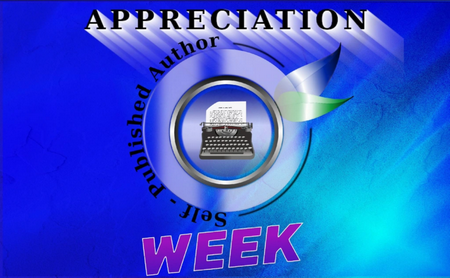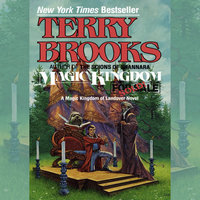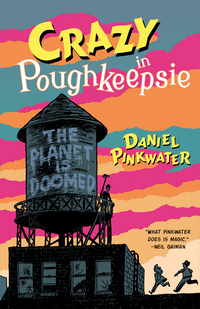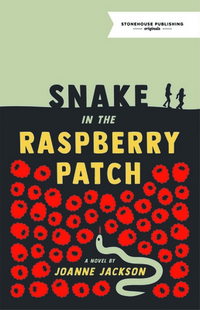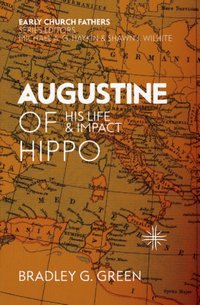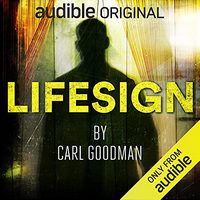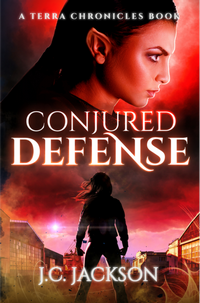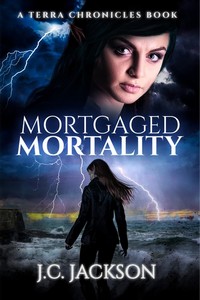 Mortgaged Mortality
Mortgaged Mortality
by J.C. Jackson
DETAILS: Series: Terra Chronicles, #5 Publisher: Shadow Phoenix Publishing Publication Date: June 20, 2020 Format: Paperback Length: 236 Read Date: July 20, 2022

What’s Mortgaged Mortality About?
The TIO is called to the Human Territory to look into a financial crime of all things—the theory is that people in dire financial straits are being killed so that their debts are canceled, then being brought back by a necromancer. Beyond the significant losses the major bank that called in the TIO is suffering (and possibly other financial institutions who don’t realize it’s going on are losing, too), there are several other legal and ethical repercussions to this.
But primarily, there’s likely an active necromancer and that’s what Ketayl and Silver are supposed to be focusing on. So they’re dispatched to deal with this, and it’s not long before Ketayl’s analysis suggests that there are multiple actors involved—perhaps that they’re dealing with two separate criminal rings committing similar swindles.
Just what on Terra is going on here?
This is the first time Ketayl’s been back in the field since Conjured Defense, and she’s not quite back in fighting shape—and her partnership with Silver is in the worst state it’s ever been. Can she repair that (assuming she wants to) and put a stop to the fraud—and hopefully a necromancer?
Silver
I found myself thinking about Silver more than usual after I finished this book. And not just because I’m getting sick and tired of him inching up to telling Ketayl how he feels before he retreats again.
One of the reasons these two were teamed up was the way their magic worked together—they could tackle adversaries like this necromancer together. But it really seems like they’ve got into this pattern of Ketayl pushing herself to the limit, and Silver trying to get her to relax—then she lets loose and goes past the limit–only to have him patch her up magically and emotionally.
And honestly, it works—I’m really enjoying watching Ketayl finding hew levels of her power, new things to do with it, and so on. So this isn’t me griping, it’s just I don’t see the justification for their partnership holding up.
Now, there’s a depth to his backstory we see a glimpse of in this book—and there’s a setup for a future book or two in there. I don’t know when we get it—hopefully soon, because I know there’s more to our Paladin than we’ve been given so far, and I’m ready to see it.
So, what did I think about Mortgaged Mortality?
I thought the crime(s) at the center of this was a pretty clever application of magic to this world—-it’s precisely the kind of thing an innovative crook with sufficient power would do. I wondered about some of the details, but that’s probably my head for finance. The hunt for the necromancer and allies was great—and one of the better investigations this team has been on.
We got the return of Lexi from Twice Cursed, which was nice to see—it’s probably my favorite installment so far in the series, so that was doubly-nice. The new agents we meet—particularly the grizzled veteran—were exactly what this book needed and I’d be happy to see either of them again.
The final confrontation against the necromancer was one of Jackson’s best—giving Ketayl the perfect mix of innovation, recklessness, and power that makes these scenes work for the series. I thought the aftermath took a little too long in the moment, but it was all worth it in the end.
Basically, this was another strong entry in this reliably entertaining series.

This post contains an affiliate link. If you purchase from it, I will get a small commission at no additional cost to you. As always, the opinions expressed are my own.
![]()


